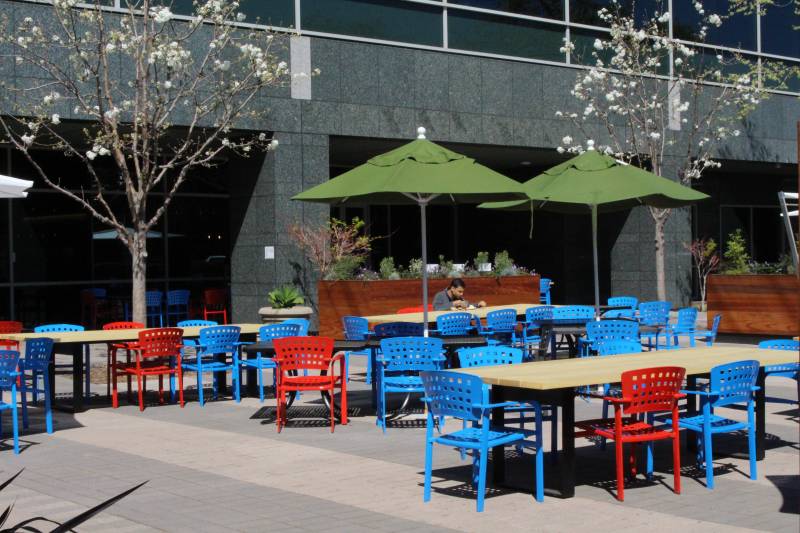Seven months into the pandemic, Silicon Valley offices remain mostly empty. Some are at quarter capacity. Most are still totally shut down.
While many white-collar employees for these companies are continuing to work from home, that’s not the case for the janitors, bus drivers, cafeteria workers and security guards, most of whom are contractors. Even white-collar contractors at Silicon Valley firms have reported getting different treatment from full-time employees during the pandemic.
Some companies like Facebook and Alphabet are still paying service workers and have vowed to continue as long as the headquarters are shut. Other companies are deciding to lay them off. With the pandemic, there are few places right now to find new service work.
Recalculating the Benefit of Ancillary Jobs
The ancillary service jobs that are imperiled right now both at company headquarters and in the surrounding area have long been considered a major benefit of having businesses like Facebook, Yahoo and Alphabet in the community. Even if the programming jobs were relatively few and often brought in workers from around the country or overseas, locals would have a shot at cleaning the offices, shuttling around employees, working in cafeterias or at nearby restaurants.
Companies that make their money through the internet, like Alphabet (the parent company of Google) and Facebook, don’t create nearly as many jobs at their firms compared to manufacturing companies.

